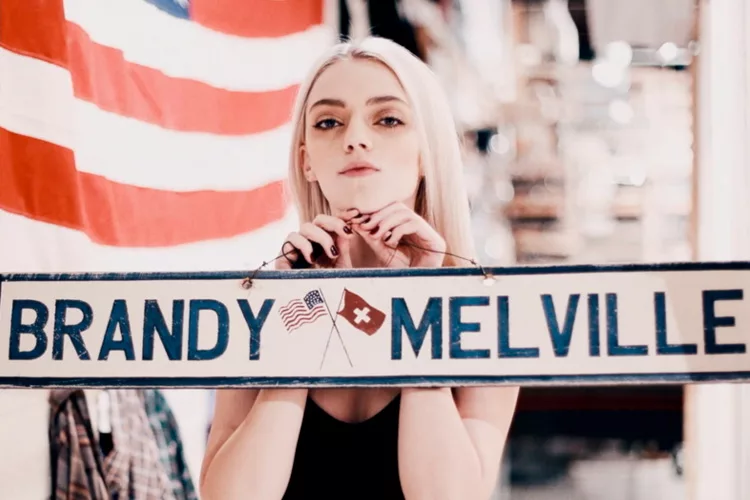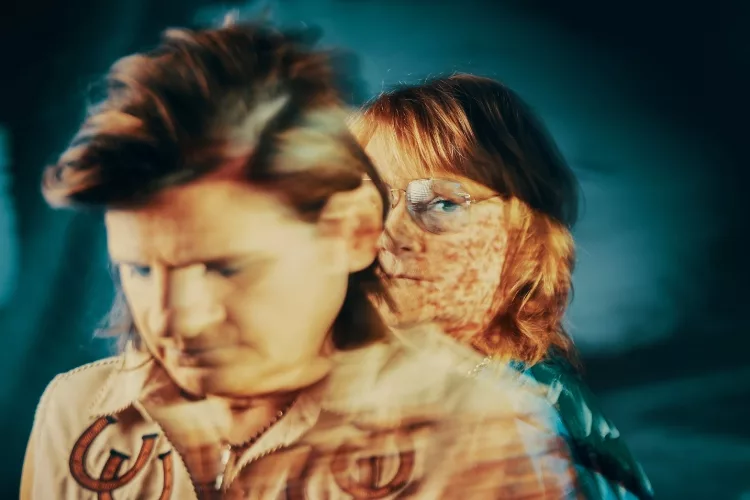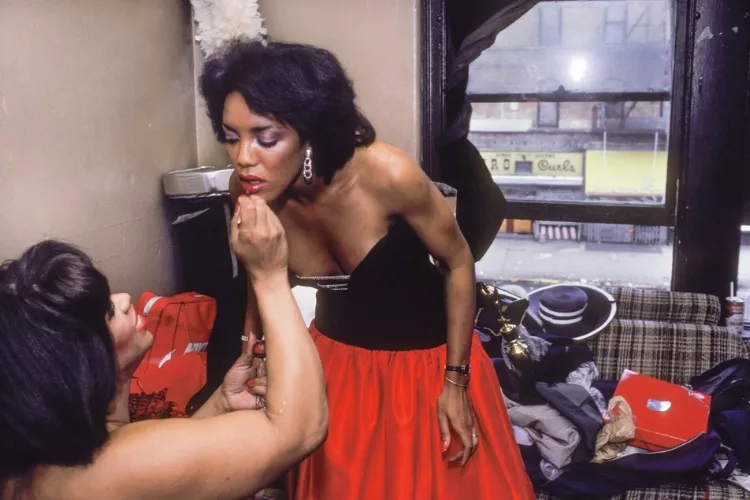Rebellion can take a lot of forms. Throughout history, it’s been seen on an individual level as well as through collectives. People working to disrupt the status quo and claim a space in the world. Rebellious acts challenge the status quo and authority. In the political arena it can be seen as nonviolent sit-ins, civil unrest, boycotts and protests.
But rebellion can also be stark black eyeliner, a shaved head, and a Fender guitar. For decades women on stage have represented an act of defiance. As singers and instrumentalists looking to rightfully claim their place in the male dominated music industry. Unintentionally or by design these women became the trailblazers of rock and punk music. They reached points of creative expression and influence amongst their peers and for future generations to come. Some were forgotten, some were left uncredited, and others continue to improve their legacy, all worthy of a listen. Here are just some rebellious women in music.
(and if you want to learn more we highly recommend Vivian Goldman’s Revenge of the She-Punks)
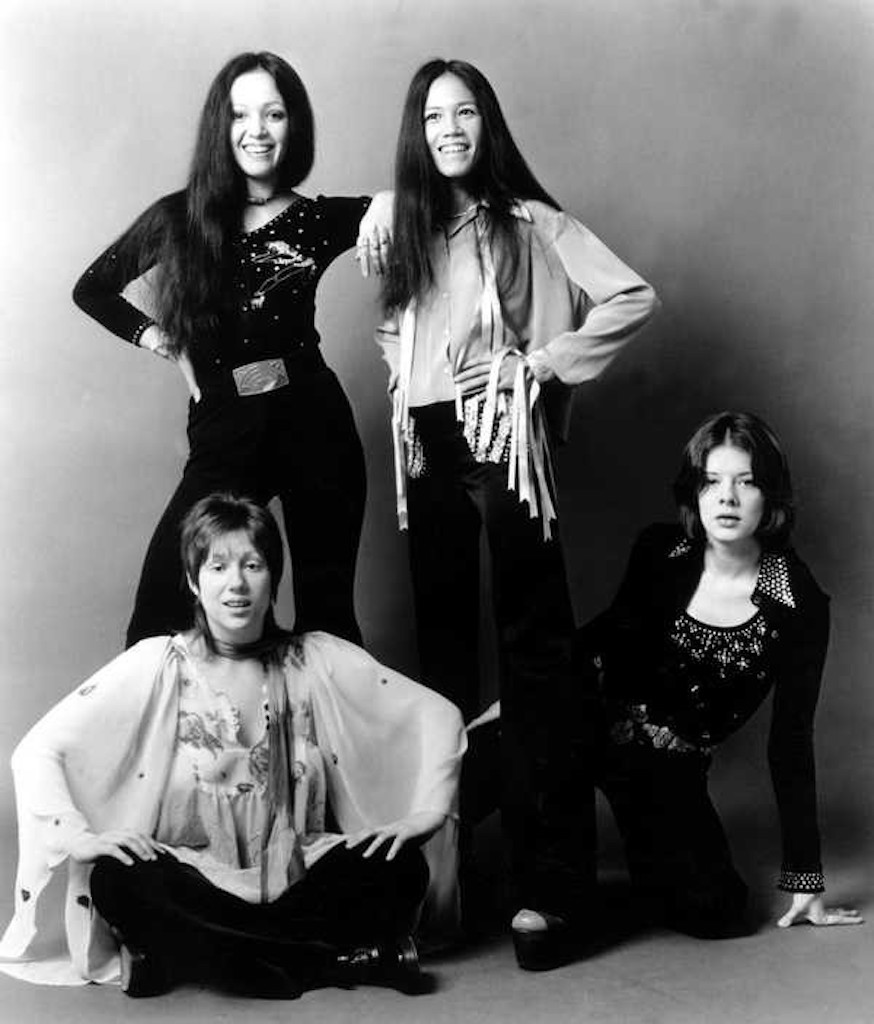
Fanny
In 1969 Filippina-born sisters June and Jean Millington along with Nickey Barclay and Alice de Buhr conceptualized the band, Fanny, denoting a female spirit. As an all-girl guitar playing ensemble the group was initially seen as a novelty and strongly encouraged to develop a traditionally feminine image and sound. Yet the budding women’s rock scene, captivated audiences, and David Bowie would recognize their star power and musical abilities, garnered acclaim.
In producing four albums between 1970 and 1974, Fanny became the first all-female band to release an album on a major label and one of the first groups to achieve top 40 success on the Billboard Hot 100.
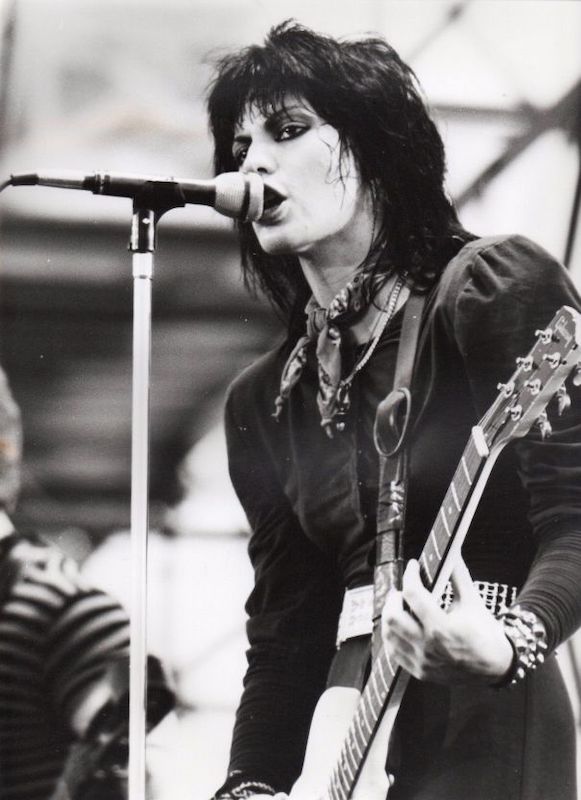
Joan Jett
Songs like “I Love Rock and Roll” and “Bad Reputation” are infectious, causing almost everyone of all ages in a crowded room to sing along.
But there’s a fully loaded history behind the musician. She began her career as part of the rock girl group The Runaways. Despite only lasting 3 years, (’76-’79) the Runaways paved the way for female groups to come like L7 and Bikini Kill. Joan Jett went on to form Joan Jett and the Blackhearts, and creating Blackheart Records after being rejected by 23 major record labels.
At thirteen during her first guitar lesson, she would hear her teacher say girls don’t play rock and roll. Ever since, Jett’s sentiment was the same: to produce music in her own image despite the pushback she may receive for being a woman in the genre. All it took was the feeling of the instrument in her hands, famously stating in 1999, “There’s nothing more threatening than a girl with a guitar”.
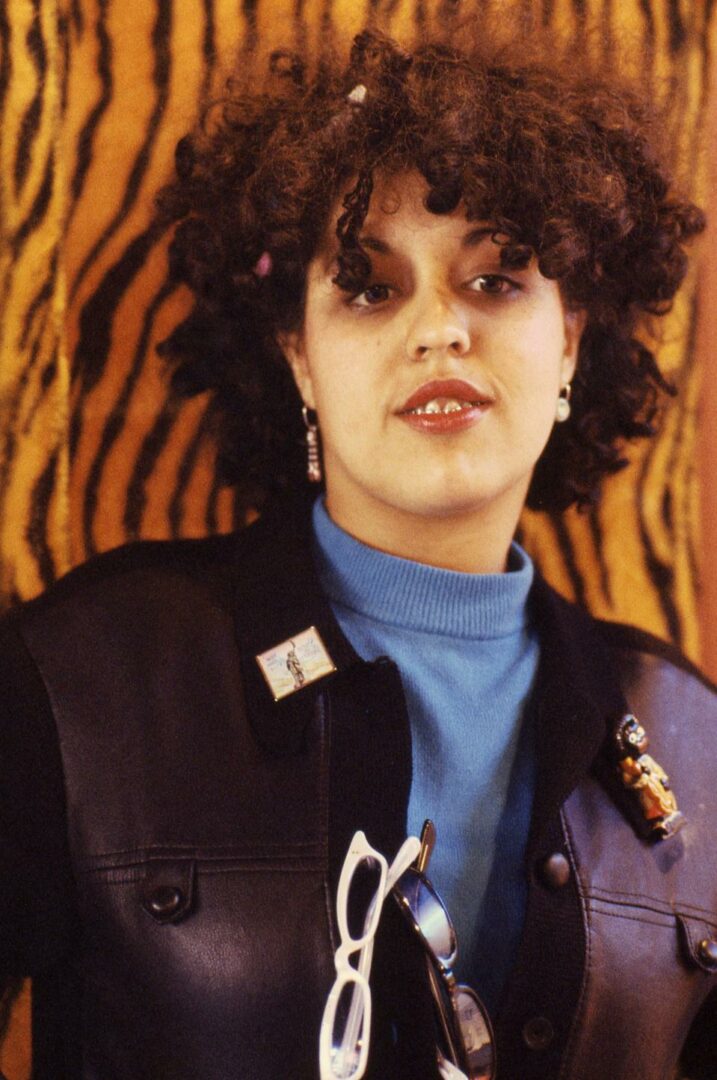
Poly Styrene
Poly Styrene was the frontwoman for the British punk rock band X-Ray Spex. Born Marianne Joan Elliott-Said in 1957 to a Scottish-Irish mother and a Somalian father, she was raised by her mother in Brixton, London.
For Poly Styrene music provided a place of freedom, self-exploration, and belonging. Lyrics from her band The X-Ray Specs contained hidden messages. Underneath a punk sound lace with reggae influences were lyrics speaking to her multifaceted identity and issues faced by British youth culture. While “Oh, Bondage Up Yours” contained angry, powerful words against capitalism and feminism, “Identity” spoke to her biracial background, unable to find her footing in society. Behind the Dayglo fashion and braces, Styrene was unpacking racism, sexism, mental illness, and poverty during her reign.
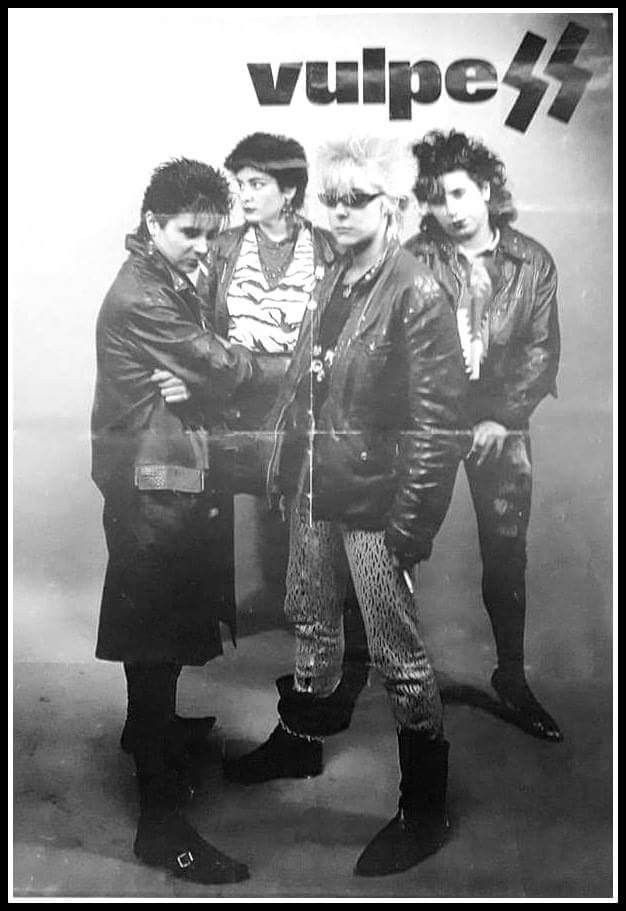
Las Vulpes
At all of 17 and 21, sisters Loles and Lupe Vázquez formed the first Spanish all female punk rock band. After Mamem Rodrigo and drummer Begoña Astigarraga joined the group, the women were already booked for a live television performance where they would perform “Me Gusta Una Ser Zorra”, translating to “I Like Being a Slut”. In Barakaldo, Spain tensions were high. After the end of a forty-year dictatorship, the country was on unstable ground, yet maintained its Catholic roots and puritanical beliefs. Upon hearing their provocative lyrics and explicit words The Popular Democratic Party denounced Las Vulpes for their contribution to leftist ideals and the corruption of the youth. Due to their controversies, the band failed to tour and record an album at the time (which would later be recorded in 2003). Despite their short time together, the band is remembered for their ability to disrupt their political environment and write a narrative all their own.
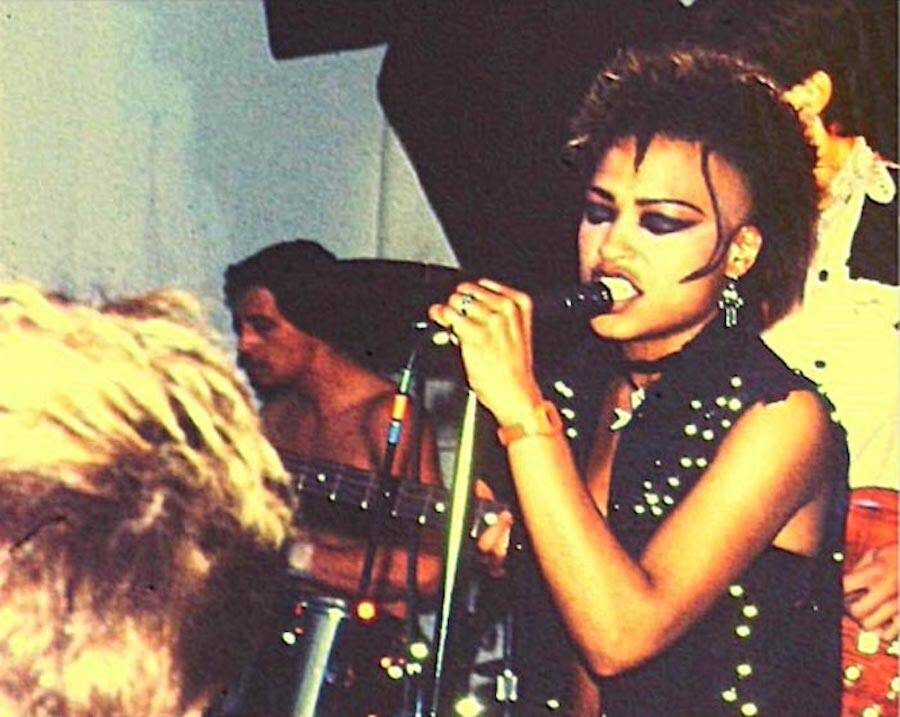
Tina Bell
“Seattle sound” is synonymous with plaid shirts and angst-ridden lyrics written by white men. This dominated the ‘90s. But it had already been established almost ten years earlier by Bam Bam front woman Tina Bell. Night after night on stage, she drew crowds. Her powerful, at times piercing vocals, and a wardrobe full of dark makeup, studded leather vest, and mohawk was captivating. Now dubbed The Godmother of Grunge, Bell is recognized for her innovation and evident influence in rock. She also endured countless incidents of racism and misogyny that would leave her ignored during her time. Now a decade after her passing, history is being rewritten. Bell is finally getting acknowledged in articles and television specials. Click here to see more about Bell’s legacy.
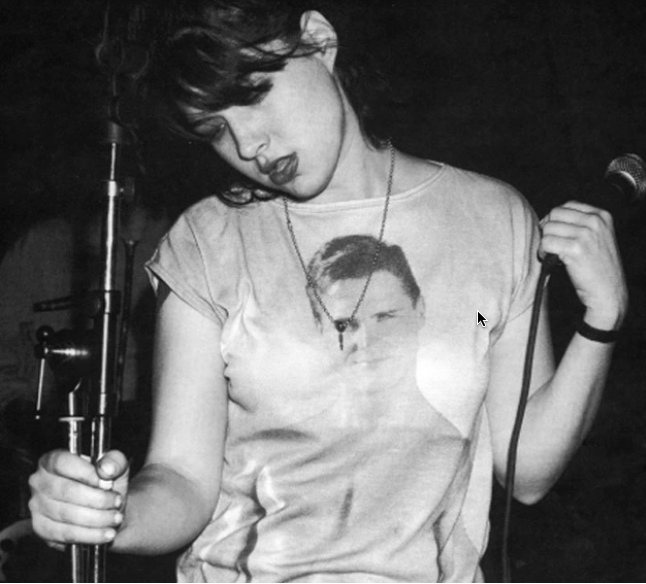
Kathleen Hanna
In 1991 a storm was brewing in Olympia, Washington. The intensely sexist music scene tried to push women to the sidelines. Instead they banned together to form the Riot Grrrl collective. At the forefront was lead singer and guitarist Kathleen Hanna of Bikini Kill. She used her voice to lead a new wave of unapologetic, thunderous musicians and creatives that would produce songs, zines, and manifestos aligned with third wave feminism. On stage and on paper Hanna would speak to reproductive rights, domestic abuse, and sexual liberation – enacting the girl power movement that would gain traction in popular media years later. In her Bikini Kill zine, she would write, “I believe with my wholeheartmindbody that girls constitute a revolutionary soul force that can, and will change the world for real.”
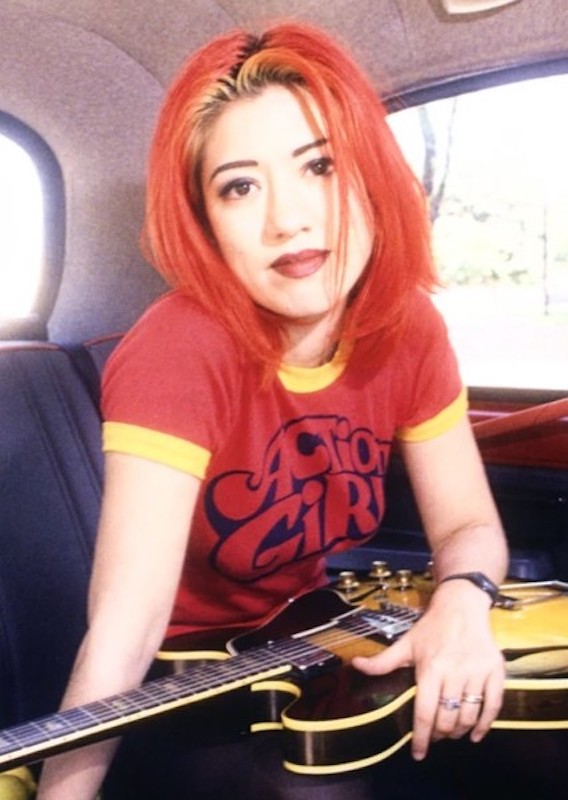
Miki Berenyi
Heavily inspired by the Riot Grrrl movement came Miki Berenyi of Lush, one of the UK’s strongest alternative bands of the decade. Album to album was a flurry of feminist anthems and electric red hair. Yet being embedded within the industry came with a realization for Berenyi; interviews, photoshoots, and public appearances shaping her and guitarist Emma Anderson in a sexualized manner. Her memoir Fingers Crossed: How Music Saved Me From Success recounts it all, noting the controlling, harmful culture against women. On and off the stage Berenyi sees strength in her words to reclaim her image, deconstruct the famed music era and set the record straight.
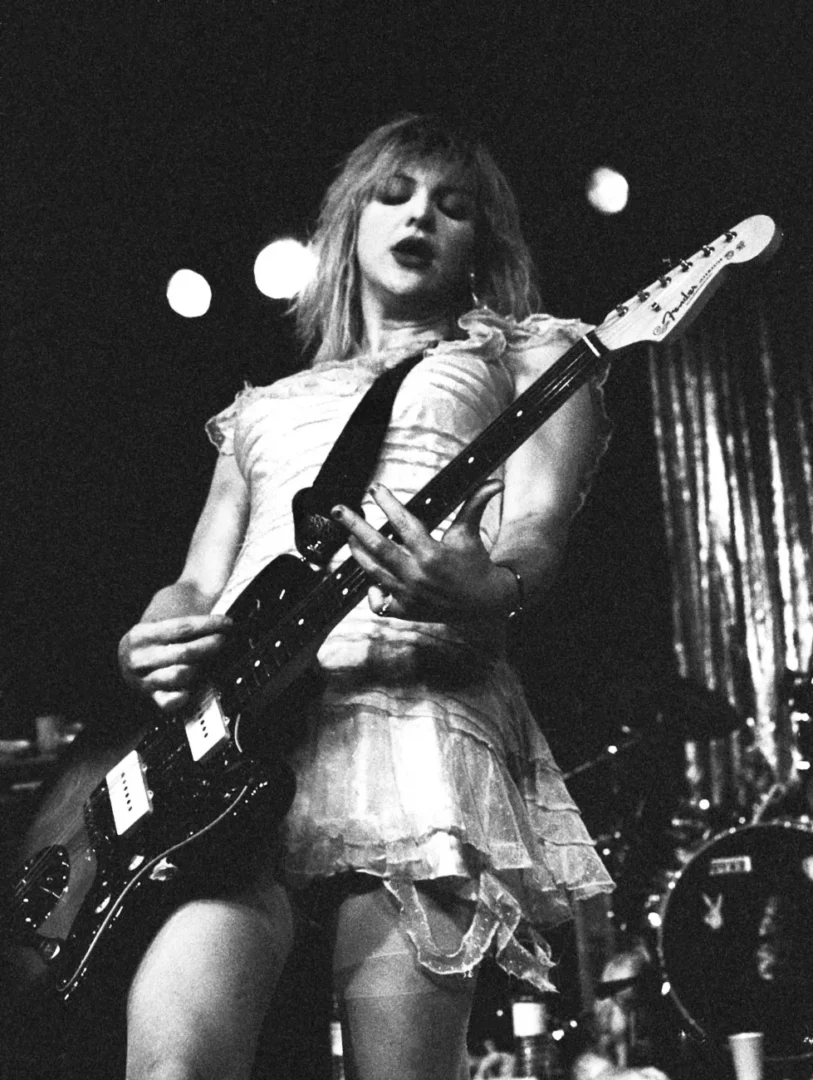
Courtney Love
To the surprise of many, Love’s time in the music industry began before Hole’s inception; getting her foot in the industry including being a part of Faith No More, Sugar Babydoll and Pagan Babies. Pretty On the Inside which was produced by Sonic Youth’s Kim Gordon projected her into mainstream culture, standing as a force to be reckoned with. In tandem with her rambunctious personality, she was vocal about surviving the patriarchy and overbearing circumstances of body image, addiction, sexuality, and more. Love and Hole would go on to become one of the most commercially successful female fronted alternative rock bands in history.

Skin
Self-described as a shy Christian girl, Deborah Anne Dyer was born with an anger inside of her. Aware of her power and ability to use her voice against her constrained environment became apparent; it was time to harness that energy and rally against the years of sexism, racism, and homophobia.
Going by the name Skin she was the lead singer of the band Skunk Anansie. Performing for her was cathartic, opening the space for self-expression, release of emotions, and a new voice to be heard amongst the white, male driven Britpop movement.
Both past and present, Skin uses her music and platform to challenge societal norms and chart her own path in the industry – refusing to change her lyrics, personality, and creativity for the sake of others.
–Kennedy Smith
Related Articles
Women of No Wave Cinema
Our interview with Elizabeth Nistico/Revenge Wife
Culture Dose | Undrowned | The Minimalists: Less is Now | Kississippi
Culture Dose | An American Lyric | Your Name Engraved Herein | Arlo Parks
Culture Dose | All We Can Save | The Chicago 7 | Music of Celeste
Suzie True: The Power Puff Girls of Pop Punk

